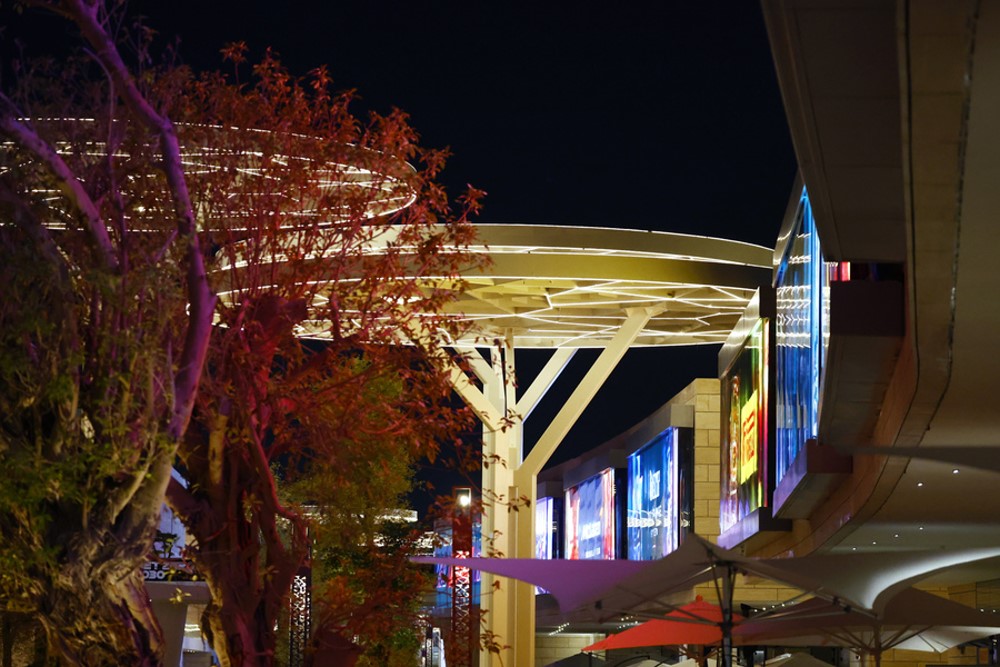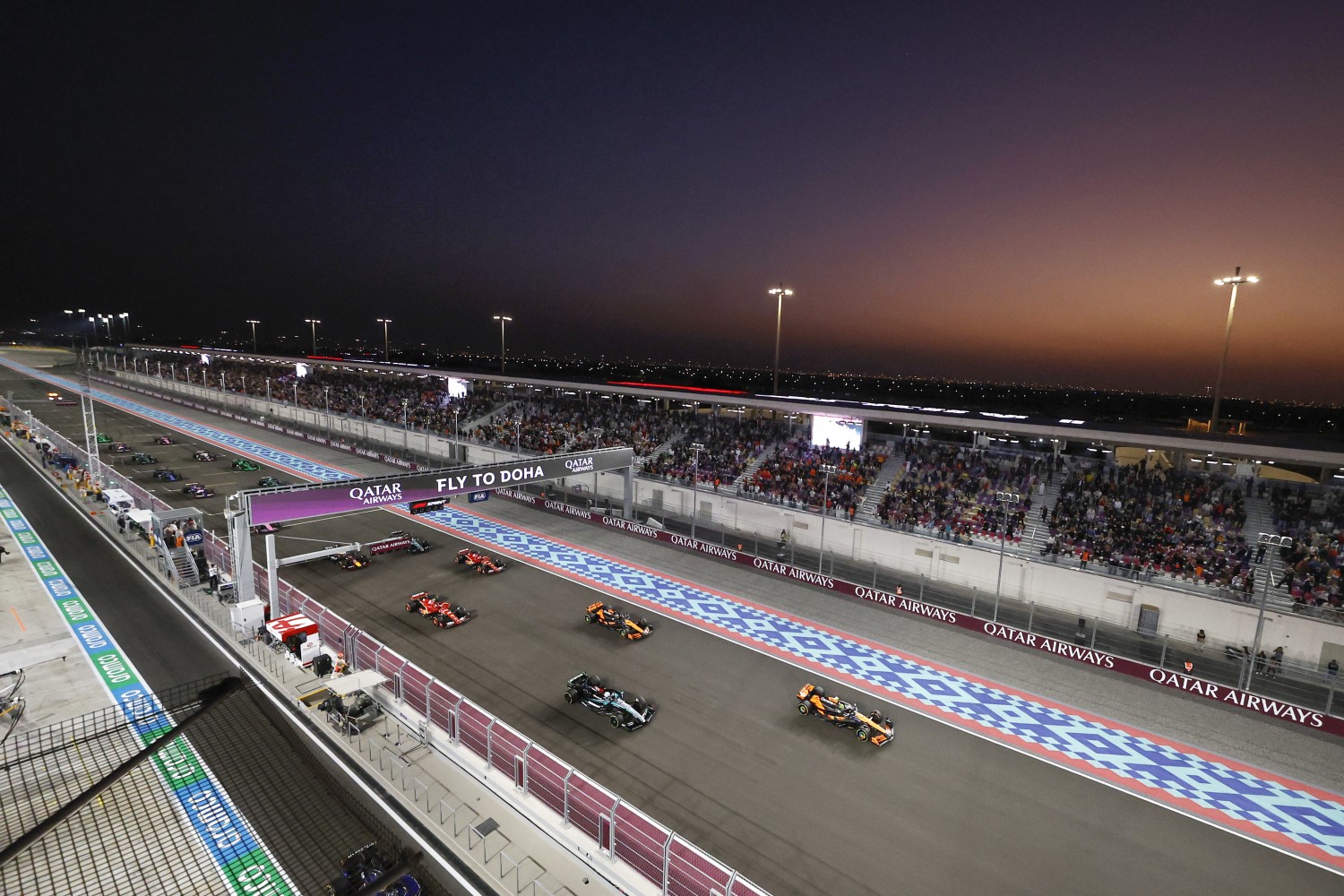Formula 1 News: Domenicali confirms Qatar GP still on amid Israeli strike fallout (Update)
(GMM) Formula 1 CEO Stefano Domenicali has admitted the recent Israeli airstrike in Doha makes the upcoming Qatar GP a sensitive issue, though he remains hopeful the race will go ahead as planned.
The strike, carried out on September 9, targeted senior Hamas figures – including negotiators involved in ceasefire discussions – in a district of Doha.
Five members of Hamas and a Qatari security officer were killed, and the event has provoked sharp diplomatic fallout from Qatar and its regional partners.
Speaking to The Observer, Domenicali said: “That is very tragic, very difficult. We are monitoring the situation very closely, but we are not in a situation today where we can say that it is a concern” (for the race to go ahead).
“We hope that sport will bring positivity.”
Indeed, the Italian emphasized Formula 1’s global reach and influence, adding: “We are the only worldwide sport that every year is around the globe where we meet with prime ministers, with kings, with everyone, with the top men in the world.
“So my hope is that through F1 we can also talk about the bigger picture of the world that we’re living in.”
September 13, 2025
Formula 1 CEO Stefano Domenicali has dismissed immediate cancellation fears for the Qatar GP, vowing to press ahead with the November 30 showdown at Lusail International Circuit despite this week’s shocking Israeli missile strikes on Hamas leaders hiding in Doha.
The Gulf state’s capital erupted in explosions on Tuesday as Israel targeted high-profile Hamas leaders in a residential compound, drawing swift global condemnation—including from the UN Security Council and UK Prime Minister Keir Starmer, who branded the action a “flagrant violation” of Qatar’s sovereignty.
The brazen assault, which Israel defended as a necessary message against “sanctuaries for terrorists” anywhere from Gaza to Doha, has ignited safety concerns for major events in the region—especially with F1’s season finale duo set for the Middle East: Qatar on November 30, followed by Abu Dhabi a week later. Lusail, just kilometers from the strike site, sits amid Qatar’s role as a key US ally and host to a major American airbase, amplifying the geopolitical stakes.
“Business as Usual”—But Eyes Wide Open
Domenicali, speaking amid the fallout, struck a defiant yet cautious tone, emphasizing F1’s role as a beacon of unity in a fractured world. “That’s very tragic, very difficult,” he acknowledged of the strikes. “We are monitoring the situation very closely. But we are not in a situation today where we can say that it is a concern [for the race to go ahead]. We hope that sport will bring positivity.”

The Italian executive, known for his diplomatic finesse, doubled down on F1’s global platform: “We are the only worldwide sport that every year is around the globe where we meet with prime ministers, with kings, with everyone, with the top men in the world. So my hope is that through F1 we can also talk about the bigger picture of the world in a way that the sport can unify the world that we’re living in.” It’s a vision he reiterated in Dutch media, positioning the series as a symbol of reconciliation rather than retreat.
While Qatar’s promoters remain “relaxed,” F1 has contingency plans in place from earlier regional tensions—potentially shifting the triple-header finale if needed—but Domenicali stressed no changes are on the horizon yet. The strikes have rippled further, with the UAE summoning Israel’s deputy ambassador over the incident and Netanyahu’s remarks.
As the calendar hurtles toward its Lusail climax—complete with a high-speed night race under the desert stars—Domenicali’s stance underscores F1’s tightrope walk: delivering spectacle while navigating shadows of conflict. With tickets already on sale and the grid primed for drama, the real question is whether peace holds the line—or if the checkered flag waves elsewhere.
